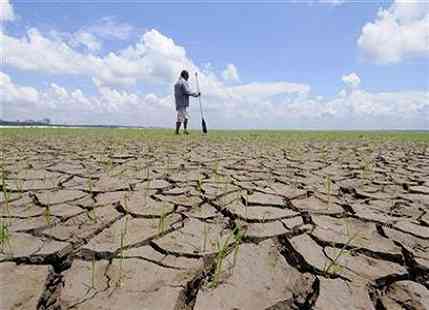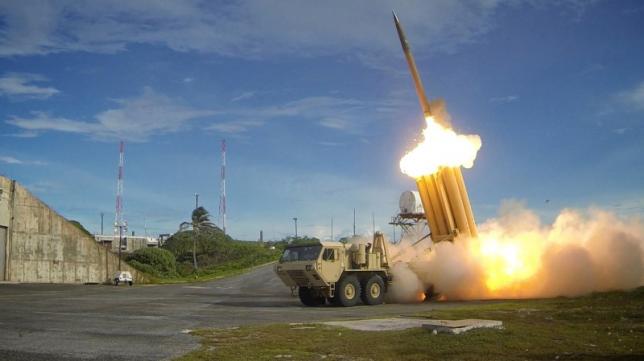The United Nations Security Council has recently extended until July 31 the mandate of the UN Multidimensional Integrated Stabilization Mission in the Central African Republic (MINUSCA), determining that the situation in the country constitutes a threat to international peace and security.
The mandate extension comes months after MINUSCA oversaw peaceful organization of a constitutional referendum in the troubled country, and mostly nonviolent elections that led to last month’s inauguration of President Faustin-Archange Touadéra, a former prime minister.
MINUSCA’s mandate was originally set to expire Saturday.
Rwanda maintains both military and police peacekeepers in CAR, and are, among other duties, in charge of security for top government officials, including the President, as well as protection of key installations and civilians.
The 15-member Council, whose primary responsibility is the maintenance of international peace and security, said that under Council’s resolution 2281 (2016), the 15-member body authorized the Mission to take all necessary means to carry out its mandate within its capabilities and areas of deployment.
The Council also welcomed the peaceful organization of the constitutional referendum on December 13, 2015 and legislative and presidential elections in December 2015, and February and March 2016, as well as the inauguration of President Faustin Archange Touadéra on March 30.
In addition, the Council recognized that the future mandate of MINUSCA needs to be adapted to “the new circumstances stemming from the end of the transition, in full consultation with the newly elected authorities.”
The Council also requested that the UN Secretary-General conducts a strategic review of MINUSCA to ensure that MINUSCA’s future mandate is “properly configured and adapted to a post-transition stabilization environment that enables peacebuilding efforts” in the Central African Republic.
The Council also requested that the Secretary-General present recommendations to the Council by June 22.



